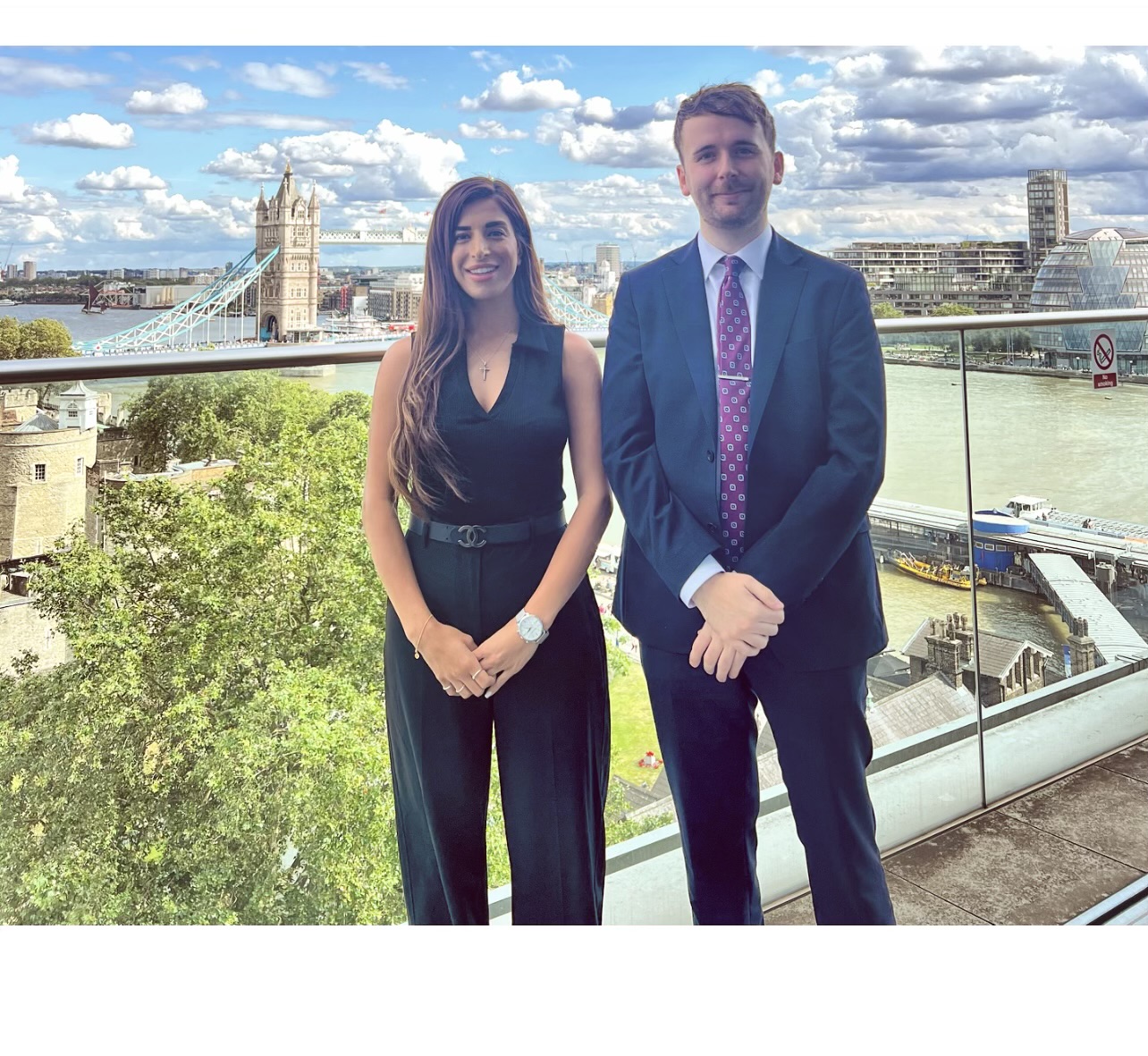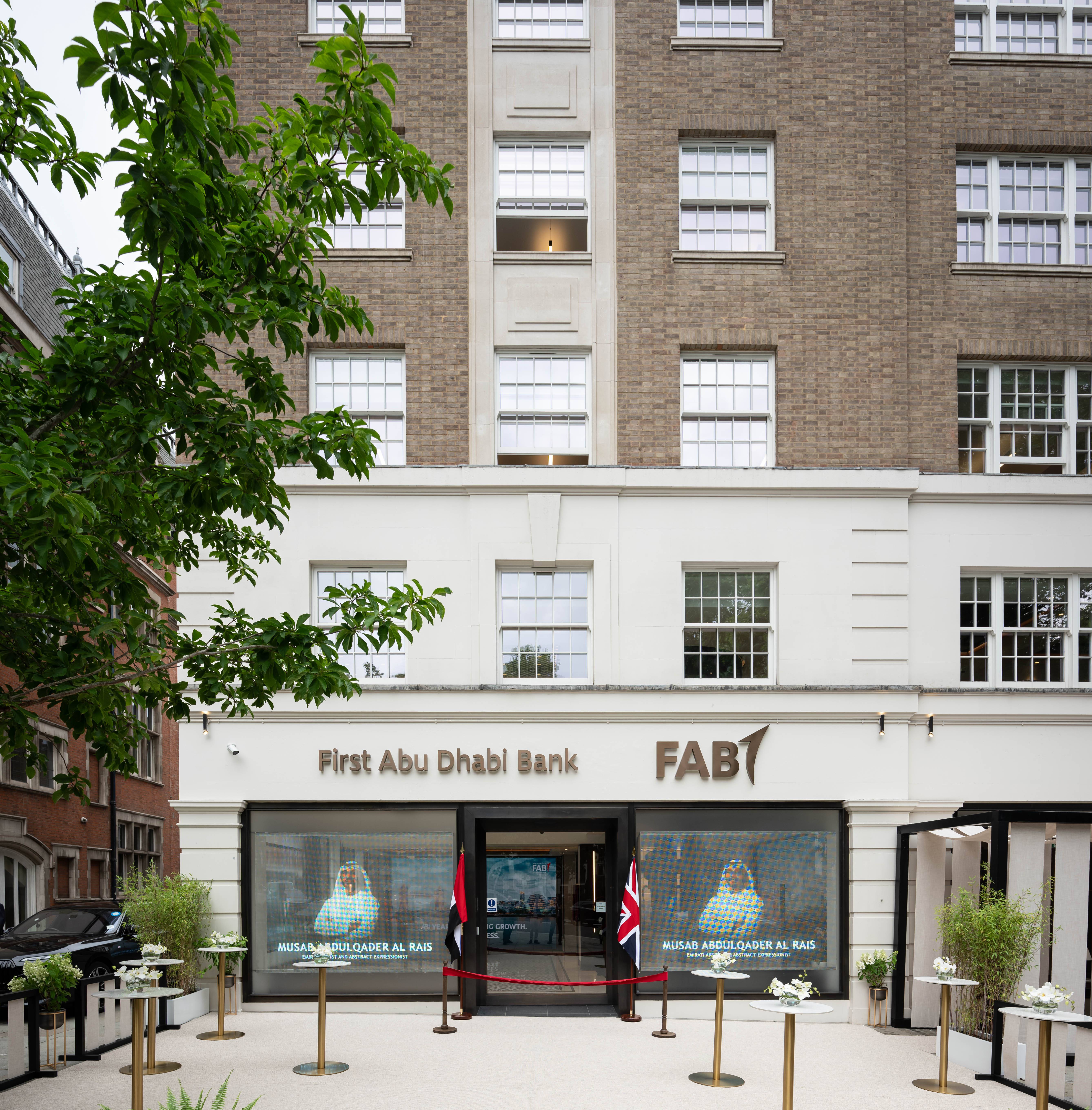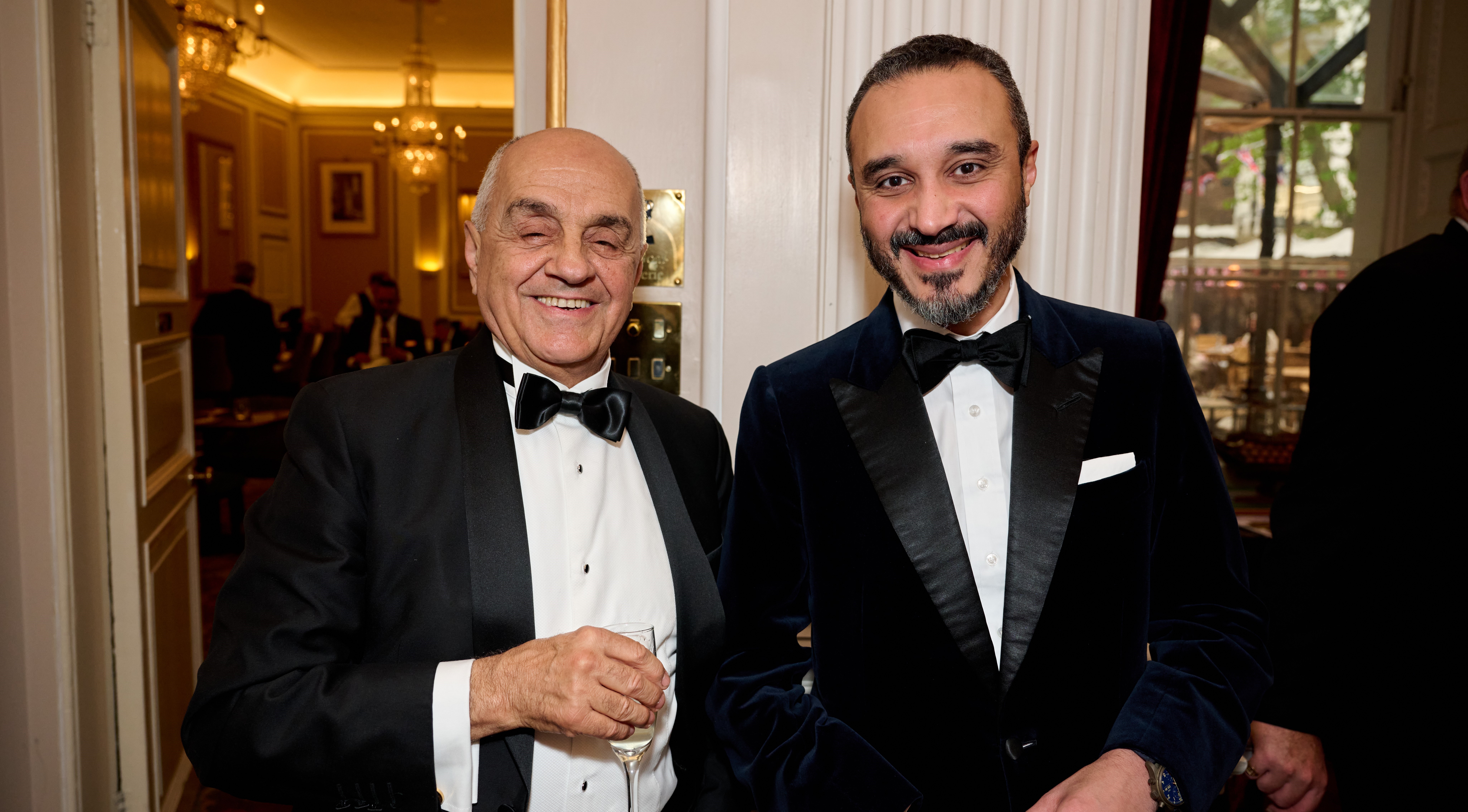Insurance for Private Clients: Getting beyond the maths

Insurance beyond the ‘maths’ and the small print: becoming a trusted adviser
Insurance is often seen as a ‘necessary evil’ that revolves around actuarial charts and the small print of claims contracts. But this isn’t always a true reflection of insurance. At Marsh, two young insurance brokers, Kathryn Abou-Diwan and Ryan Carter, pride themselves on understanding their clients, and taking an approach to insurance that is rooted in risk identification and management.
The Arab Bankers Association spoke to Kathryn and Ryan about their work and asked them to give some real-life examples.
ARAB BANKERS ASSOCIATION: Isn’t good insurance about good maths, well-calculated probabilities and tightly worded contracts?
RYAN CARTER: There’s certainly a part of insurance business that includes these things, but as brokers, our role is to understand the things that are important to our clients, the risks that could threaten their important assets, and then we can structure insurance policies to protect them. That’s why it’s important to understand our clients’ lifestyles. For example, how many days a year might they spend in their house in the UK; if they have children, how old are they; and if they have pets, do they travel with them?
Sometimes clients might not be aware of the value of some of the possessions which they have accumulated over time and whether their value has fluctuated – either up or down.
Our role is to support our clients as ‘trusted advisers’, helping them to understand these important details.
Let me give you an example. Last year, I was meeting with a client who loved watches. Over the course of many years, he had amassed quite a collection, which he kept in his UK residence, and which he had insured for a few hundred thousand pounds. As he proudly showed me watch after watch, it was clear to me the collection was worth a lot more than what he had insured them for. I couldn’t be sure how much, but I did know that if the collection was stolen, he would receive only a fraction of their value through an insurance claim. I worked with the client to get the collection out of his house and into a bank vault while we arranged for a specialist valuation. A few weeks later, his house was burgled. It was clearly a very professional job – the thieves knew what they were doing, and if the watches had still been in the house, it was highly likely they would have been taken. We soon discovered the watch collection was worth a few million pounds – ten times what they had been insured for! I worked with the client to structure a policy that allowed him to enjoy, and wear his watches, while keeping some of them in a bank vault at any one time. And, of course, we made sure that the insurance policy reflected the true value of the collection.
Is ensuring correct valuation the key to your business?
KATHRYN ABOU-DIWAN: It’s important, and sometimes clients don’t know the current value of what they have, but I’d say that understanding lifestyle and developing rapport with the client is how we can really make a difference. In simple terms, it comes down to understanding the risks to the client’s lifestyle and possessions. For example, ‘accidental damage’ is often omitted from standard insurance policies. Sometimes, the risk of accidental damage is not great but if, for example, a house is being used by a family with young children, then this risk can be significant. I’ve had a client whose home was flooded, and caused serious damage, because their children were playing around with taps in a bathroom one day and didn’t turn the taps off.
What role do you, as brokers, play when a client has to make a claim?
RYAN CARTER: We have a number of roles to play, and they are all fundamental to our business. Firstly, it’s important to recognise that if a client is making a claim, they have suffered a loss and that can be a very traumatic experience. They may have lost something of enormous sentimental value, or a fire may have destroyed a home that they have worked their entire lives to afford along with its valuable contents. At that time, it’s important the client knows we are on their side; that we will work with them to manage the claim and strive to restore as many assets as possible that have been lost. Many of our clients are busy people who move frequently from place-to-place, so our ability to manage the situation and act on their behalf is of great value to them.
Worldwide cover is important for many of our clients. It’s no good insuring an engagement ring against theft in the UK if the owner wears it when they travel abroad. The same applies to expensive clothes, and even yachts, which may be docked in a variety of ports over the course of a year.
So, there are a number of roles intersecting here: by understanding a client’s lifestyle and the risks facing them, we can arrange insurance that is aligned with their needs. By being their trusted adviser, we are able to discuss the extent of their insurable assets, and make sure they carry appropriate, up-to-date valuations. And, should the worst happen, and a claim has to be made, we are in their corner helping them to manage the claim, sometimes sourcing assets so the client can receive ‘like-for-like’ compensation.
How can you do ‘like-for-like’ compensation when you’re insuring items that might be unique?
KATHRYN ABOU-DIWAN: There are a number of things we can do. Firstly, we have to ensure the insurance policy is clear so that when the client makes a claim, they will receive the replacement value of the asset that has been lost or damaged. This goes back to our previous point about understanding what the client owns, checking in with them regularly, and ensuring valuations are kept up-to-date. Then there are some practical things we can do. We can arrange a policy that allows a client to use their own preferred repair shop if a vehicle is damaged, so that clients feel more comfortable. We can also use insurance companies’ own networks to source difficult-to-replace items.
We had a case recently of a client losing an expensive Rolex watch while swimming. The watch was no longer manufactured but, after some searching and working with our insurer partners, we were able to find an exact replica of the watch, buy it through the insurance policy and pass it on to the client.
Of course, the best approach is to avoid loss or damage in the first place. We know, for example, that luxury SUVs are a particular target of car thieves right now, so we will advise clients on the best types of security to use, both to minimise the risk of theft, but also to reduce the cost of the insurance premium. The same is true for particular models of Bentley, Porsche, Lamborghini and Ferrari, all of which are targeted by criminal gangs.
How do you think your business will develop in the years ahead?
KATHRYN ABOU-DIWAN: I think Marsh will continue to differentiate by delivering our ‘trusted adviser’ proposition – understanding the client, understanding the risks to their assets that arise from their particular lifestyle, and ensuring valuations are kept up-to-date. That’s what clients want these days, rather than ‘off-the-shelf’ products.
RYAN CARTER: The risk landscape does change over time. A lot more people are collecting custom watches these days, and their value have soared – it’s not by chance that two of our anecdotes above refer to expensive watches. We also need to know which types of cars are being targeted by criminals so we can adjust policies and advise accordingly. The risk management aspect of our role is an area where we pride ourselves on adding real value.
Ryan has worked in the Private Clients industry for almost a decade and takes immense pride and satisfaction in supporting high net worth families and family offices to protect their assets. He is based in the Cotswolds and has experience handling both country estates and prime property in London. Ryan is client facing, and travels around the country supporting clients, as seeing the risks in person enables him to get a better understanding on how to protect his clients.
Ryan.carter@marsh.com 07392 122 744
Kathryn is a Private Clients executive and has a Master's degree and Cert CII qualification. She is proactive in building relationships and ensuring clients are aware of the risks they face. Kathryn is client facing, with many years’ experience in the insurance industry. She mainly works in London’s prime locations supporting families with risk management and advice, but she also travels outside London to other areas in the UK when clients need her advice and guidance.
Kathryn.abou-diwan@marsh.com 07739 789 644
Marsh Private Clients provides bespoke insurance services for individuals. The firm prides itself on delivering high levels of cover and customer service that are designed to meet the specific needs of each client, supporting them, their family and their lifestyle. Marsh has offices in the City of London and staff that are based throughout the UK and Europe.
Marsh Private Clients is a trading name of Marsh Ltd. Marsh Ltd is authorised and regulated by the Financial Conduct Authority for General Insurance Distribution and Credit Broking (Firm Reference No. 307511). Copyright © 2023 Marsh Ltd. Registered in England and Wales Number: 1507274, Registered office: 1 Tower Place West, Tower Place, London EC3R 5BU. All rights reserved.
More In
News

Bank ABC reports net profits of US$152 million in H1

Ahead of the autumn budget, Farrer & Co assess the new tax rules for non-doms

FAB opens new offices in Mayfair



ABA member Comarch on adapting to continual change



